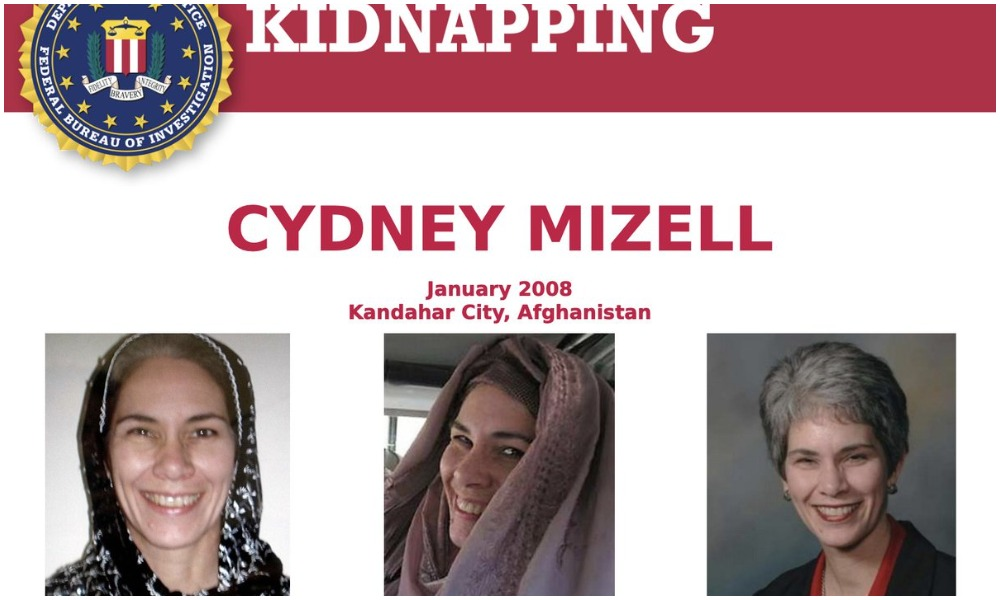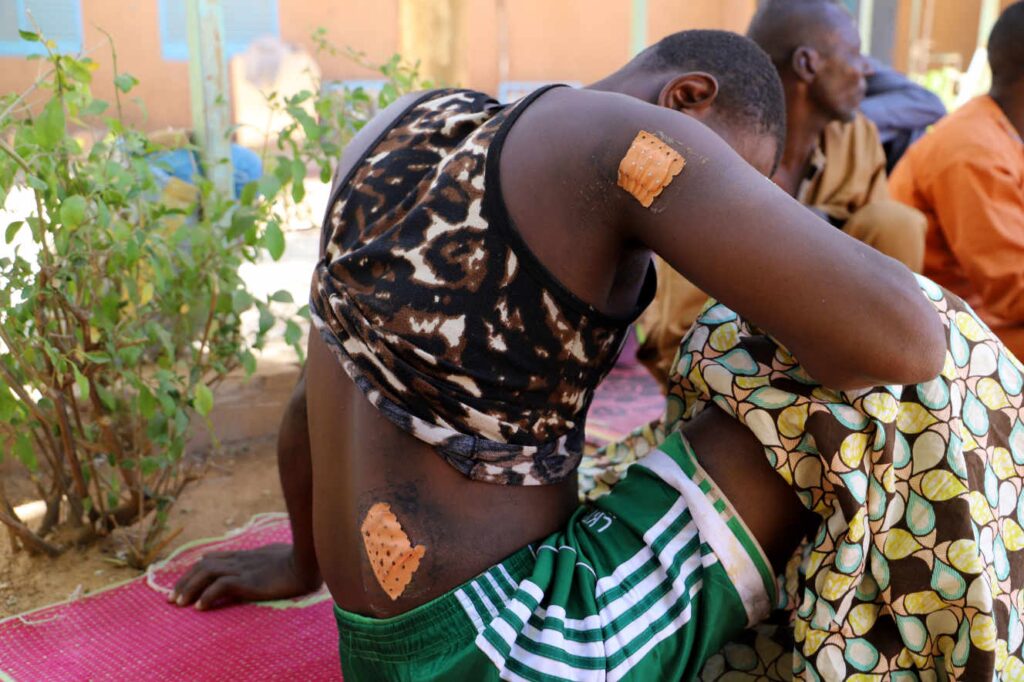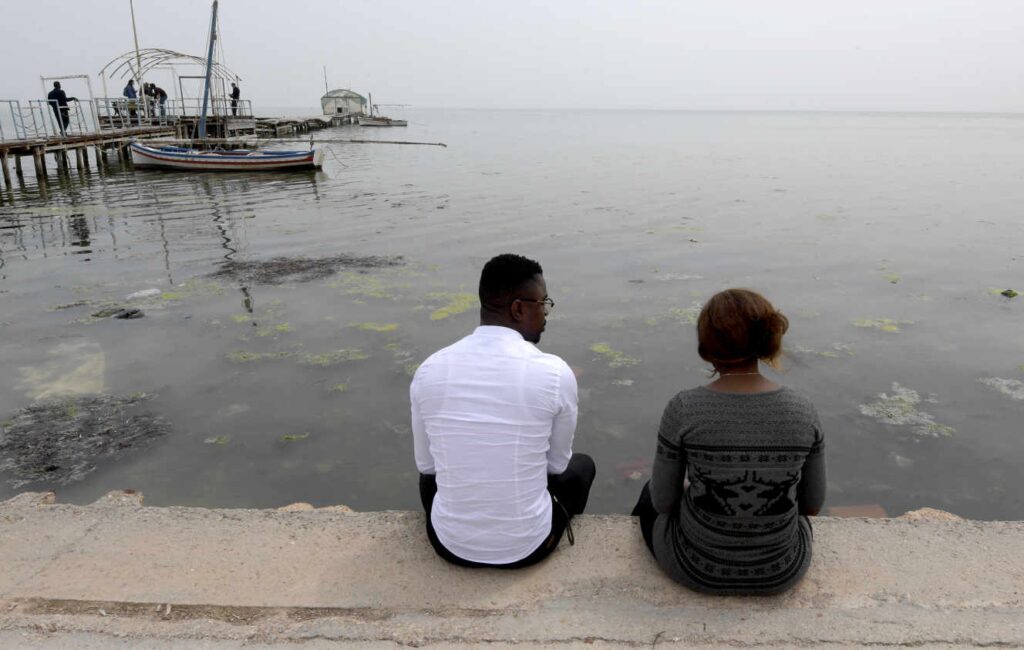C’est un fait sans précédent. Au moins 5 000 migrants, dont un millier de mineurs, sont parvenus, lundi 17 mai, à atteindre l’enclave espagnole de Ceuta depuis le Maroc voisin, arrivant à la nage ou à pied quand la marée le permettait, ont indiqué les autorités espagnoles, évoquant un « record » pour une journée.
Des hommes, des femmes et des enfants ont utilisé des bouées gonflables, d’autres des canots pneumatiques et certains ont même nagé jusqu’au territoire espagnol de Ceuta.
Selon un porte-parole de la garde civile espagnole, la marée était si basse à certains endroits qu’on pouvait pratiquement arriver à Ceuta en marchant.
À l’aube, ils n’étaient encore qu’une centaine. Mais au fil des heures, le flot n’a cessé de gonfler. Dans la nuit de lundi à mardi, le porte-parole de la préfecture a annoncé à l’AFP que 5 000 personnes avaient franchi la frontière et que ce chiffre, inédit, pourrait encore augmenter.
#Inmigración #Marruecos Ya se ha superado la cifra de 4.000 personas que han entrado en Ceuta de manera irregular. Al parecer, una persona ha fallecido y varias han sido heridas o con semiahogamientos, y trasladadas al Hospital. Ceuta está desbordada.#MarruecosgolpeaaEspaña pic.twitter.com/zEx8ZraZNe
— Ceuta Ahora (@AhoraCeuta) May 17, 2021
Des migrants tentent régulièrement de rejoindre Ceuta en escaladant les hautes clôtures qui séparent cette enclave du Maroc.
Fin avril, une centaine de migrants marocains avaient déjà gagné ce territoire espagnol, à la nage. La majorité d’entre eux avaient ensuite été expulsés vers le Maroc.
Contexte de tensions diplomatiques entre Madrid et Rabat
Ces arrivées s’inscrivent dans un contexte de tensions diplomatiques entre Madrid et Rabat, rappelle notre correspondant à Madrid, François Musseau. Même si le gouvernement socialiste espagnol le nie, en relâchant la surveillance policière à Finideq, la ville frontalière, Rabat punit son voisin pour avoir hébergé dans un de ses hôpitaux à la mi- avril Brahim Ghali, le leader du Front Polisario, ce mouvement qui revendique l’indépendance du Sahara occidental, occupé par le Maroc depuis 1976.
Pour Rabat, c’est une provocation qui méritait des représailles. Celle-ci a pris la forme de cette arrivée massive, qui déborde les infrastructures de Ceuta, petit territoire qui ne dispose que d’un seul hangar habilité par l’armée et d’une capacité de 200 personnes pour accueillir les sans-papiers. Madrid aimerait rapatrier ces migrants arrivés à la nage, mais pour cela il faudra le feu vert du Maroc. Or, pour l’heure, la tension est à son comble entre les deux pays en raison du conflit au Sahara occidental. Rabat souhaite une pleine reconnaissance de sa souveraineté sur ce territoire. Madrid veut une négociation avec le Front Polisario.




